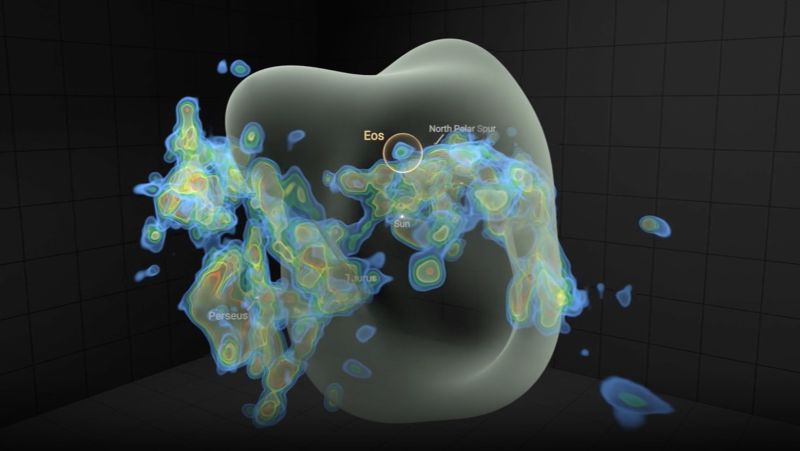One morning in July, my daughter and I were taken to a windowless room by neuroscientist fellows in Palo Alto, where we were fitted with near infra-red spectroscopy (NIRS) caps, which map our neuro-responses to each other. This was part of a three-year study of girls with Fragile X, a disorder caused by a mutation in the X chromosome. This mutation intensifies all ordinary ways that the cells of a child divide her from her mother. It affects her physical, impulsive, contagious excitement and creates confusion and anxiety in academic and social situations.

Katie Flanagan pictured on the beach (L) with her daughter, M (R) who was diagnosed with Fragile X Syndrome (FXS).
Katie Flanagan pictured on the beach (L) with her daughter, M (R) who was diagnosed with Fragile X Syndrome (FXS).
Katie Flanagan
The NIRS caps are a new addition to the study, meant to reveal how girls like M connect and collaborate with the people they trust the most. As we completed tasks and activities, I couldn’t help but feel the weight of conversations we don’t yet have and the need to revise my expectations for both of us.With each new revelation of M’s diagnosis, the plans I had made for our future were reframed. It became clear to me that our relationship and my role as a mother would be shaped by the particular demands created by this chromosome—a life filled with specialist appointments and after-visit summaries.
For our second task, we were to watch a short video and have a conversation about planning a trip. We struggled through the activity as M found it hard to engage in conversation and share her dreams of where she would like to travel. It was a stark reminder of the challenges we face.
“The next day we are free until our late afternoon flight. I thought we could spend the morning on the beach in Half Moon Bay, limp onto our flight coated in salty sea mist.Instead, M wants to laze around the hotel pool.”
Despite the challenges, as a mother, I have learned to respond with patience and understanding to her limitations and frustrations, being the currency of my motherhood. It has become increasingly difficult to determine the shape our relationship will take and each appointment seems to highlight my failures to provide the mother she needs.
It has become clear that as M’s mother, I need to adapt to her needs and find new ways to connect and share special moments, creating memories that belong to us. Our future plans and shared memories will supersede the challenges we face and the self-consciousness shaped by studies and science.
Katie Flanagan has spent twenty years working with domestic and international non-profits in fundraising and strategic planning roles. She currently writes and mothers in Denver, Colorado.All views expressed in this article are the author’s own. If you have a unique experience or personal story to share, you can email the My Turn team at myturn@newsweek.com.
Uncommon KnowledgeNewsweek is committed to challenging conventional wisdom and finding connections in the search for common ground.Newsweek is committed to challenging conventional wisdom and finding connections in the search for common ground.











